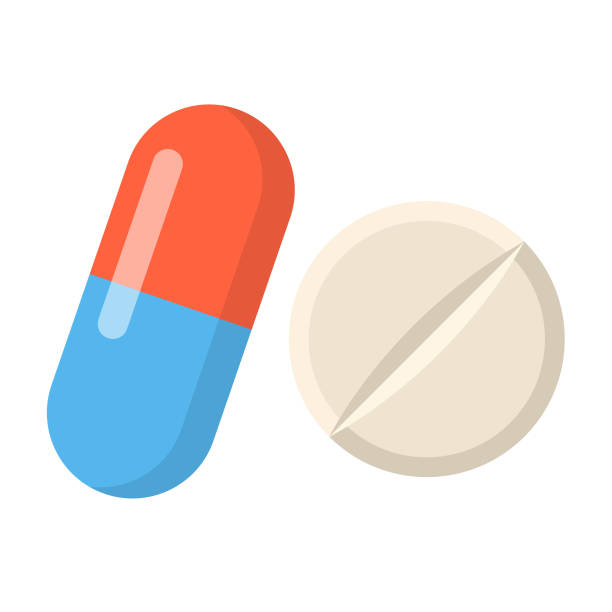Indications
Aripiprazole is indicated for-
- Schizophrenia
- Schizoaffective disorder
- Acute manic and mixed episodes associated with Bipolar I Disorder
- Maintaining efficacy in patients with Bipolar I Disorder who are stabilized
Pharmacology
Aripiprazole is an atypical antipsychotic that has both dopamine and serotonin receptors activity. It is a partial agonist of dopamine D2 receptors that relieves the symptoms of schizophrenia. It is characterized as a dopamine system stabilizer. It is a potent partial agonist at serotonin 5-HT1A receptors and antagonist at 5-HT2A receptors. This is associated with improvement of depressive, cognitive and negative symptoms.
Dosage And Administration
For Schizophrenia: 10 to 15 mg, once daily, without regard to food. Dose increment should not be made before 2 weeks, the time needed to achieve steady state.
For Bipolar mania: 30 mg, once daily, without regard to food.
Interaction
Caution should be exercised when aripipazole is taken in combination with other centrally acting drugs and alcohol. Carbamazepine could cause an increase in aripiprazole clearance and lower blood levels. Ketoconazole, quinidine, fluoxetine or paroxetine can inhibit aripiprazole elimination and cause increased blood levels.
Contraindications
Aripiprazole is contraindicated in patients who are hypersensitive to it or to any component of this product.
Side Effects
Headache, constipation, asthenia, nausea, dyspepsia, vomiting, coughing, abdominal pain.
Pregnancy And Lactation
Aripiprazole should not be used in pregnancy as no human trial is performed. Patients should be advised not to breast feed an infant if they are taking aripiprazole.
Precautions And Warnings
Aripiprazole may be associated with orthostatic hypotension (orthostatic lightheadedness).
Aripiprazole should be used with caution in patients with known cardiovascular disease (myocardial infarction or ischaemic heart disease, heart failure or conduction abnormalities), cerebrovascular disease, or conditions that would predispose patients to hypotension (dehydration, hypovolemia, and treatment with antihypertensive medications).
Seizures occurred in aripiprazole-treated patients. As with other antipsychotic drugs, aripiprazole should be used cautiously in patients with Alzheimer's dementia.
Aripiprazole is not approved for the treatment of patients with dementia-related psychosis.
Overdose Effects
Aripiprazole at doses up to 1080 mg causes no fatalities. The signs and symptoms observed with aripiprazole overdose included nausea, vomiting, asthenia, diarrhea, and somnolence.
Therapeutic Class
Atypical neuroleptic drugs
